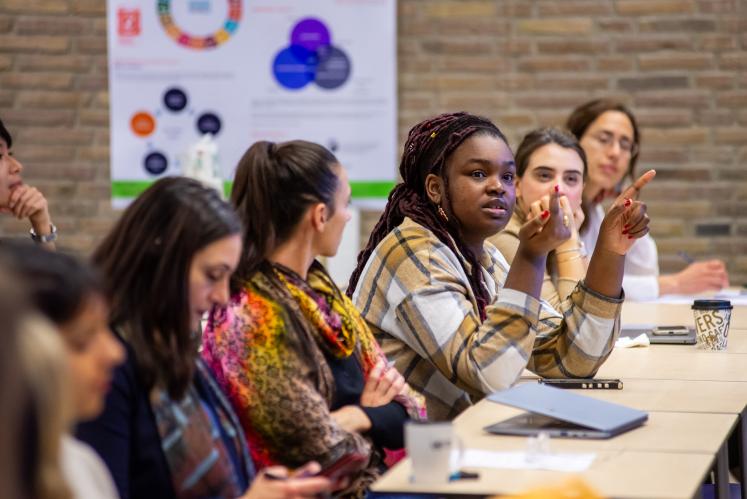On 8 November 2023, UNU-MERIT played host to thought-provoking discussions at our annual Public Policy MPP Conference, a key fixture on our MSc in Public Policy and Human Development (MPP) academic calendar. This year's theme, 'Gender and Public Policy: Navigating the Equality Dilemma,' brought together students and staff to delve into the complexities surrounding gender in the realm of public policy.
The day kicked off with insightful keynote addresses by Julieta Marotta (acting MPP Programme Director) and Zina Nimeh (Associate Professor of Social Protection and Public Policy), followed by several research paper presentations from student speakers on the evolving landscape of gender.
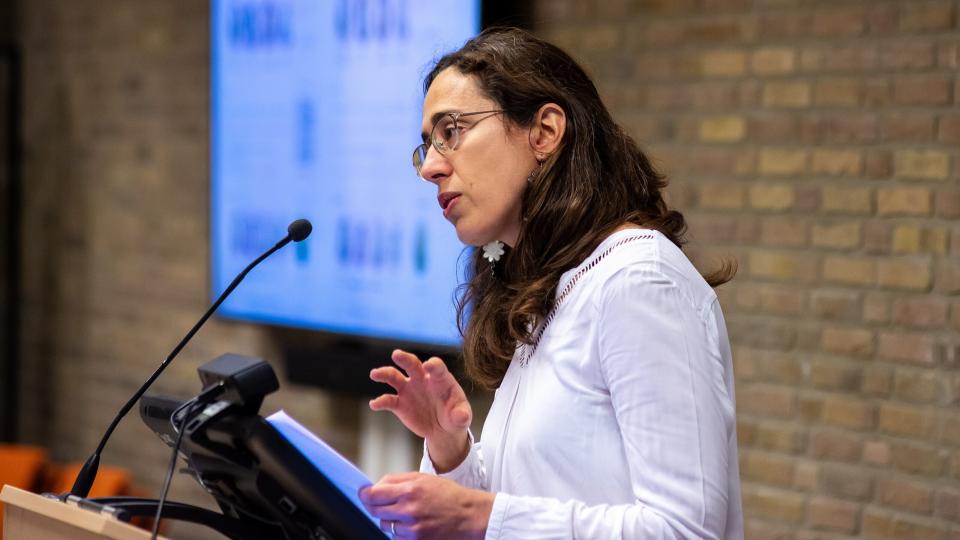
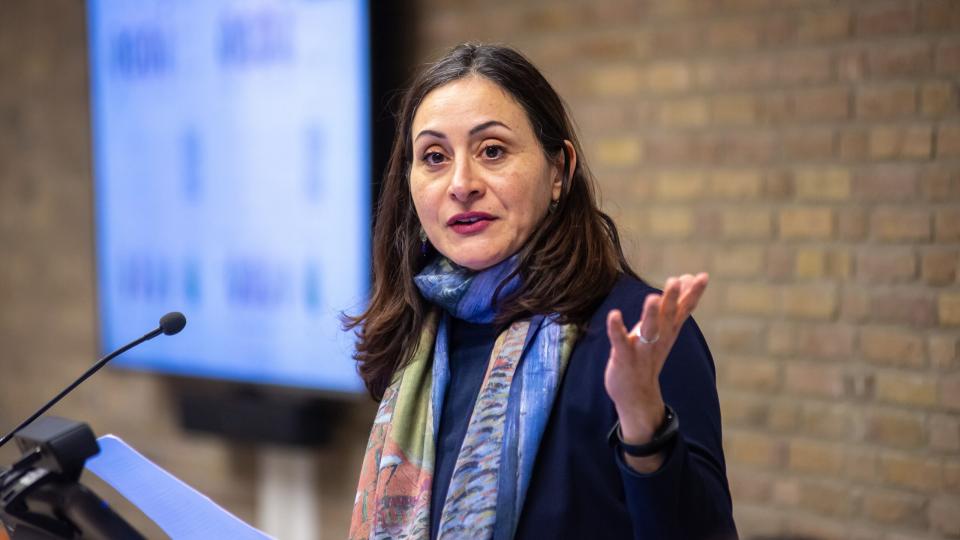
Jet van Swinderen provided insights on the role of the Dutch non-governmental organization WO=MEN in addressing the unequal work-care division in the Netherlands, highlighting that in Dutch households, paid work and unpaid care for children are unequally divided along gender lines. Tellingly, Jet shared that 73% of Dutch women work part-time, as opposed to only 23% of men, and two out of three Dutch mothers never return to the same amount of working hours they had before becoming a mother.[i]
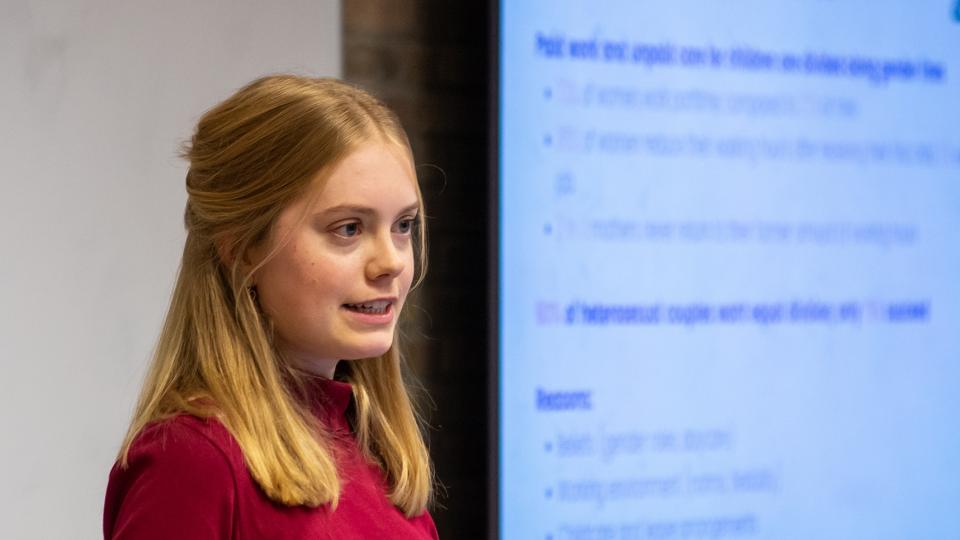
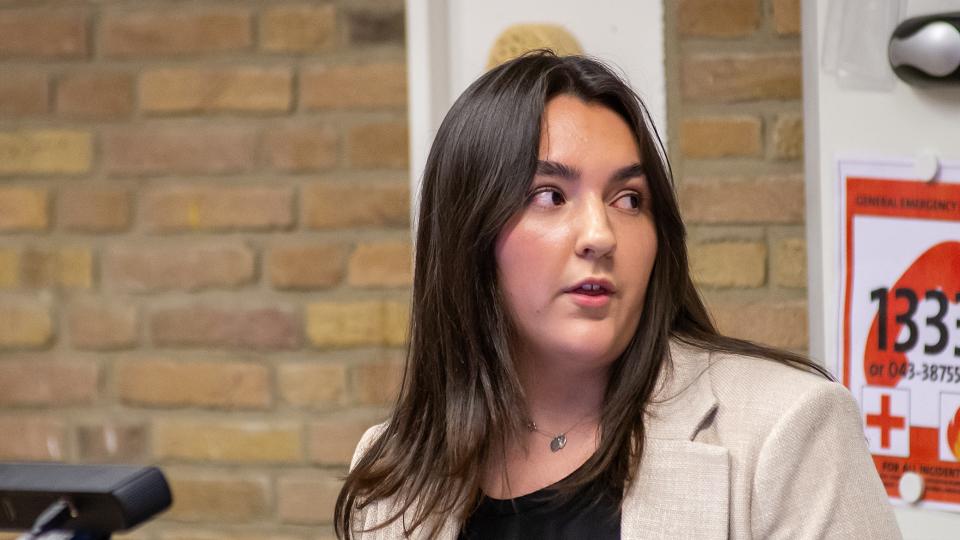
Rachel Kane presented a critical analysis of the pivotal role played by Amnesty International in influencing the development of abortion policy in Northern Ireland. The late twentieth century has marked the commencement of Europe’s leading role in the global liberalization of abortion laws. While political reform favoring reproductive rights is widely supported, Rachel highlighted that this is not the case for all countries, by shedding light on the challenges Northern Ireland faces in the liberalization of abortion laws.
Natalia Montemayor discussed the gender gap in the fields of science, technology, engineering and mathematics (STEM) in Mexico. Despite the well-known economic benefits of fostering women's involvement throughout the third technological revolution, she expressed that the practicality of women's inclusion will remain a fantasy if the right policy measures are not put into place. Gender stereotypes start in the early stages of females’ education, and this is a key stage at which we need to prevent gender-based stereotyping, in order to create equal chances for men and women in STEM.
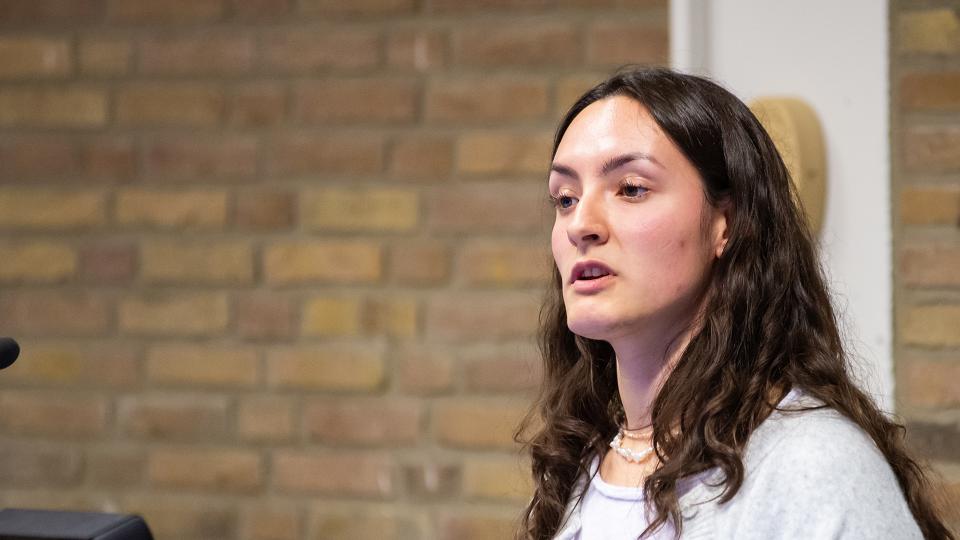
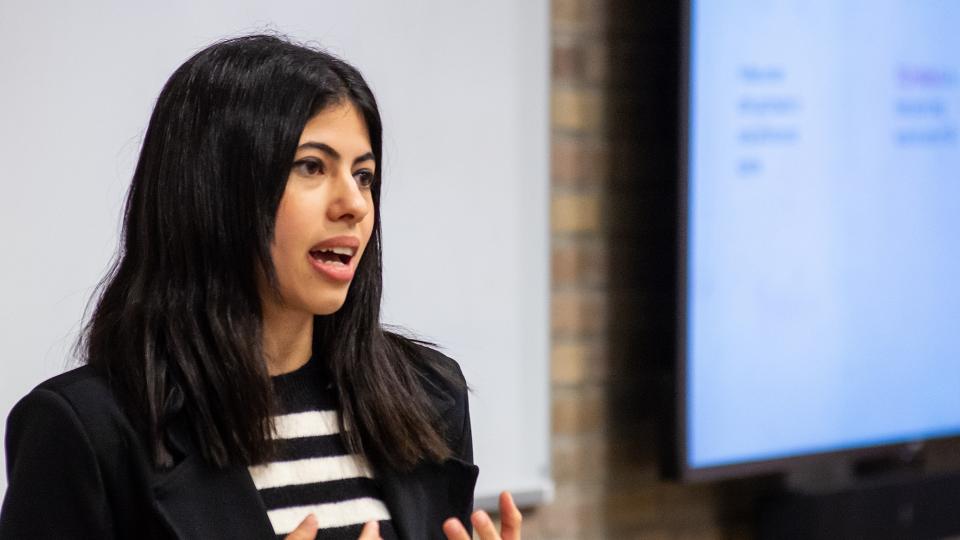
Engy Elshahawy explained the role of online advocacy in inducing policy changes concerning gender-based violence (GBV) in Egypt. Sharing some interesting statistics, she emphasized that violent practices against women are widespread and GBV costs almost 0.1% of the Egyptian economy’s GDP (around USD 312.5 million).[ii] The UNFPA estimates in 2015 that around 7.9 million women in Egypt have been subjected to different forms of GBV. Furthermore, 94% of girls have been subjected to verbal harassment, and 22% of girls have been subjected to sexual harassment.[iii]
Interactive panel discussions (led by Zsanett Tóth, Júlia Puigdomènech Vidal, Anicia Andersson and Zara Ali) on the presentations further enriched the dialogue, unpacking the critical challenges and exploring the intersectionality of gender with various facets of public policy. Key issues that emerged included the framing of gender inclusion not as a ‘right or wrong’ question, but rather emphasizing the autonomy and agency of women while respecting context specificities. Likened to Sen’s capability approach to human development, Zina Nimeh stressed that the essence of freedom is about people living the life they value but with cognizance of the popular quote, “Your rights end where the rights of others begin.”
Finally, six students produced poster presentations (displayed during the break of the conference) on the following topics: the criminalization of sex work in Ireland (Brianna Greaney), the gender pay gap in Germany (Lara Morlang), the abolishment of the tampon tax in Belgium (Bente Lambert), gender equality in the Japanese public pension system (Yasuyuki Nagamine), legalization of abortion in Portugal (Matilde Joao Mota) and school lunches in the Netherlands (Julia Stoop).
To conclude, creating equal chances for women and men will get us closer to SDG 5 (Achieve gender equality and empower all women and girls). However, as stated by Julieta Marotta in her closing remarks, this requires conscious effort beyond government circles. It is the responsibility of everyone to strive for inclusion in all spheres, to achieve equality of genders and, furthermore, equality of all people.
References:
[i] CBS/SCP. (2020). Emancipatiemonitor 2020. https://www.cbs.nl/nl-nl/publicatie/2020/50/emancipatiemonitor-2020
[ii] United Nations Population Funds, Central Agency for Public Mobilization and Statistics & National Council for Women (2015). The Egypt Economic Cost of Gender-Based Violence Survey (EGBVS) 2015. https://egypt.unfpa.org/sites/default/files/pub-pdf/Costs%20of%20the%20impact%20of%20Gender%20Based%20Violence%20(GBV)%20WEB.pdf
[iii] Rashed, D. & Allam, R. (2022). Gender-Based Violence In Egypt And Morocco: Politics And Policy-Making. European Institute of the Mediterranean
Nota Bene:
The opinions expressed here do not necessarily reflect the views of UNU.

